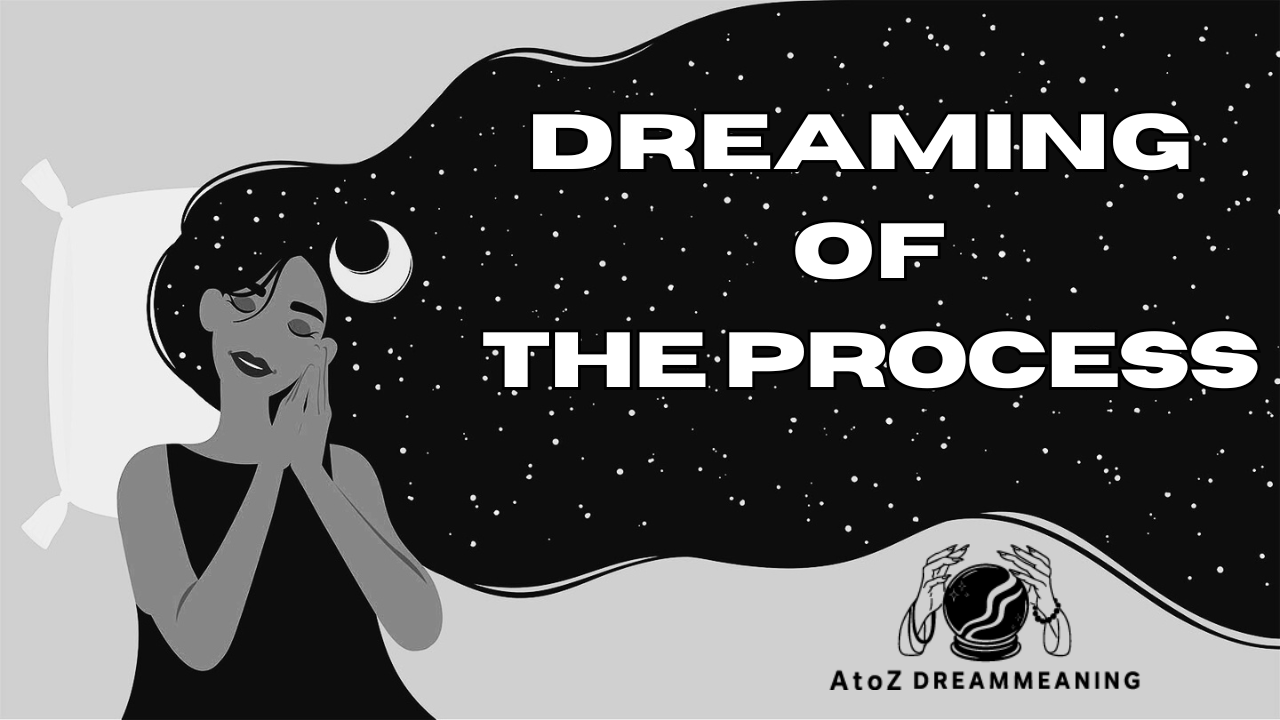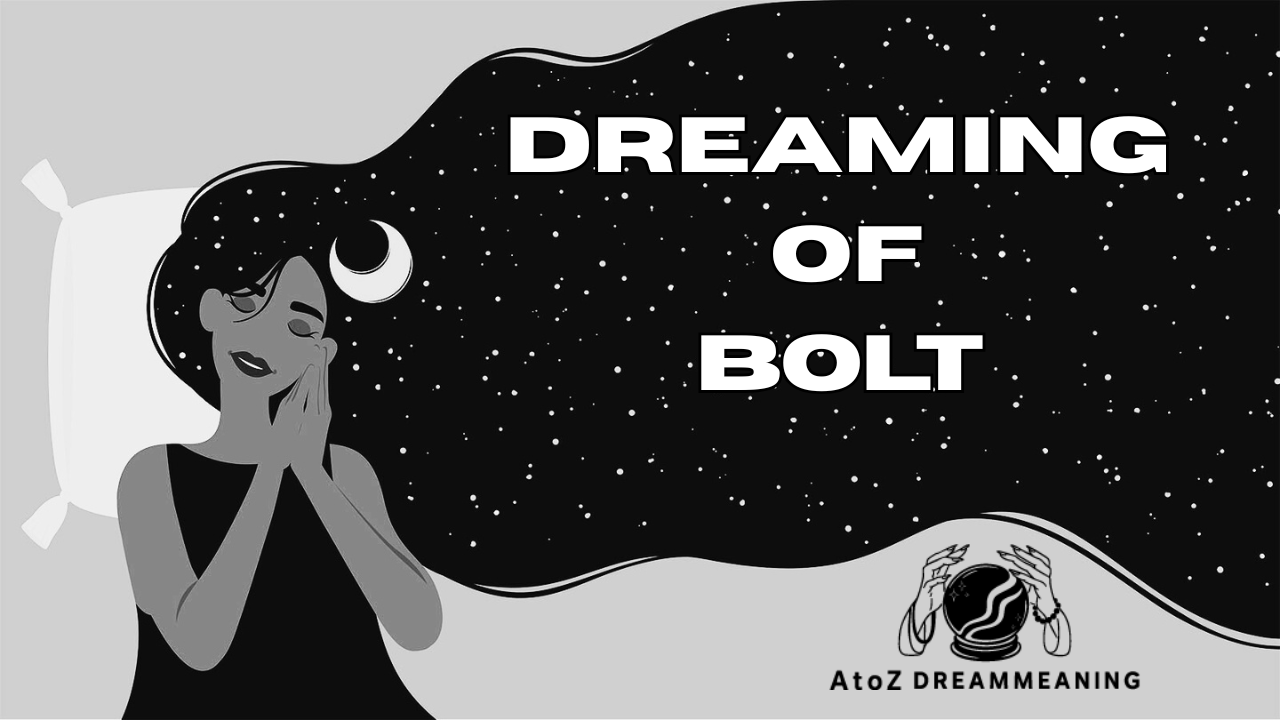Your body changes noticeably while you’re dreaming. Your blood pressure increases, your heart rate quickens, and your level of adrenaline rises. Given this hyperactivity, it should be no surprise that someone with a weak heart could pass away while asleep. The stress and erratic changes that their body is undergoing may be too much for their heart to handle.
You will notice that your body changes while you are dreaming. Your blood pressure will rise, and your level of adrenaline will increase. This is why some people pass away while sleeping—your heart will beat faster, and you’ll be hyperactive. The extreme physiological changes that occur while we sleep can occasionally be too much for the heart to handle.

Dreams happen during a period of rapid eye movement, or REM. Rapid Eye Movement (REM) sleep occurs when your eyes move quickly back and forth throughout the night. About 20% of the time you are asleep is spent during the fourth stage of sleep, which is when this occurs. It gets its name from how quickly your eyes move back and forth under your eyelids.
REM sleep occurs in the fourth sleep stage and takes up between 15% and 20% of your total sleep time. Before you begin dreaming, it takes between 30 and 90 minutes to fall asleep. You go through the four stages of sleep in cycles, and a single night may see you go through four to seven REM stages. Your heart rate and blood pressure change and accelerate while you are in REM. It may sound like your body is experiencing a lot, but the opposite is true. During REM, your muscles are relaxed, and your bodies are completely still.

The mind is just as active while awake as during REM sleep. Chemically, though, it differs. The degree to which cholinergic neurons are excitable effects REM. In the dream state, the brain lacks noradrenaline and serotonin. The brain can perform tasks, solve problems, and remember things thanks to these chemicals. This explains why it’s so challenging for you to recall your dreams.
Related: Tidal Waves Dream Meaning



